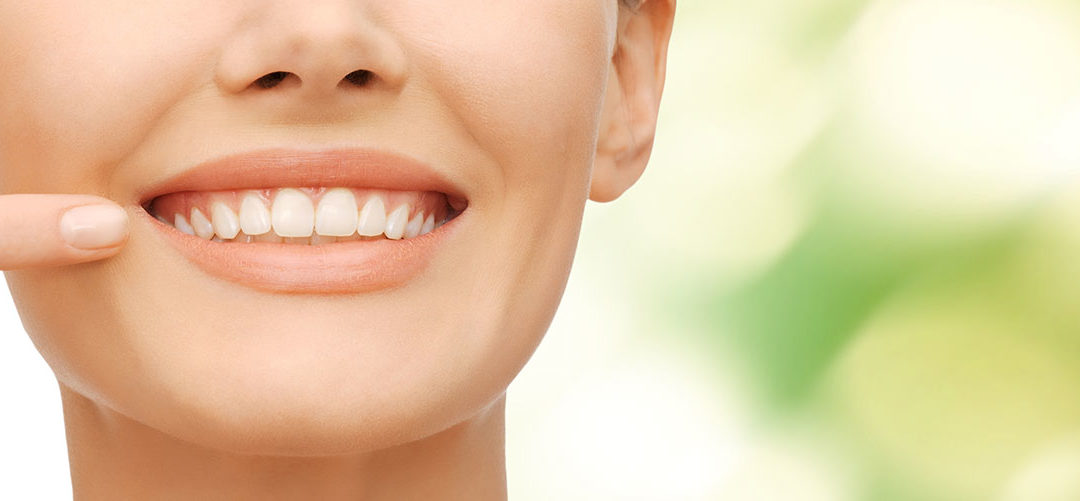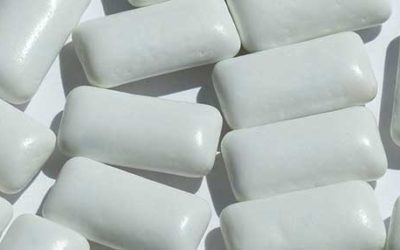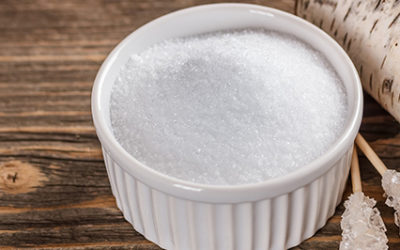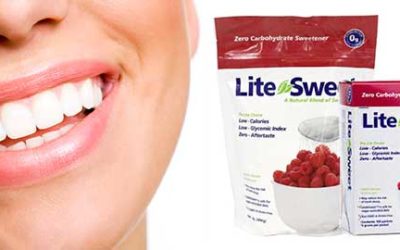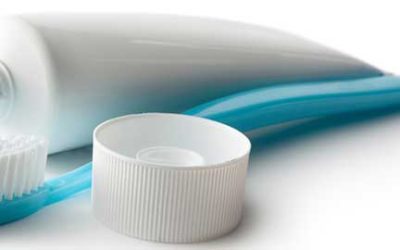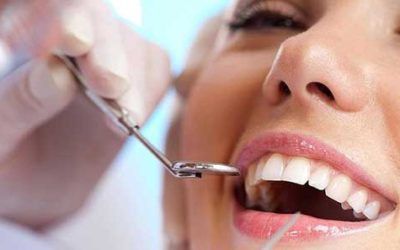We visit the dentist because we care about our oral health. Our smiles are one of the first things people notice about us, so we want them to be healthy and bright.
What if you could reduce the risk of cavities by up to 80 percent? What if you could have fresher breath, healthier teeth, all while decreasing the likelihood of gingivitis or periodontal disease? What if you could eat desserts and sweet snacks and actually improve your oral health?
Well, now you can.
Xylitol is the revolutionary oral healthcare resource that can do all of that, plus more.
Xylitol can be found in many fruits and vegetables and the human body even produces it in small amounts. Commercially produced xylitol is derived from either corncobs or birch bark. The WHO and the FDA have both given xylitol their safest ratings for food additives. Xylitol is safe for all people including babies and small children.
So how can xylitol help improve your oral health?
Xylitol inhibits the ability of cavity causing bacteria present in your mouth to adhere to the surfaces of your teeth which in turn, interferes with the bacteria’s ability to form dental plaque. Xylitol helps keep bacteria from sticking to the teeth, so they are simply washed away. It also reduces the acid producing potential of the bacteria believed to be one of the leading causes of tooth decay.
Not only can xylitol help prevent cavities, it can help relieve dry mouth by stimulating salivary flow and it can neutralize bad breath. Studies have shown that oral xylitol can even remineralize tooth enamel, repair damaged teeth, and prevent about 40% of ear infections, and the experience of the doctor who developed the nasal spray with xylitol saw more than a 90% reduction in his practice. That’s what happens when you shoot the right target: tooth decay is reduced by up to 80% when xylitol is put into the mouth five times a day, and ear infections, which start from bacteria living in the nose, were reduced by 93% when toddlers’ noses were prayed prior to every diaper change. Studies have also shown that mothers who chew 100% xylitol sweetened gum are far less likely to pass decay causing bacteria on to their babies and children.
To get these dental benefits, be sure to choose products that are sweetened only with xylitol, so you know they contain a beneficial amount of the product. Five grams of xylitol per day, over five different ingestions is all that you need to help improve your oral health. And when you’re already brushing your teeth, flossing, using mouthwash, chewing gum, or more, it is easily doable. Don’t change your routine; just change the products you utilize to those that contain xylitol.
Related Articles
Choosing the Right Sugar Free Gum
If your chewing gum contains sugar, you’re basically bathing your teeth in sugar. Many sugar free gums contain acidic flavorings and preservatives that can lead to dental erosion. Many sugar free gums contain artificial sweeteners. These...
Why Xylitol Works
xylitol provides both oral and nasal defenses by its action on the bacteria that cause our problems, and by enhancing our defenses in those areas.
Easiest Way to Reap the Dental Benefits of Xylitol
Most people know that xylitol does something to help prevent tooth decay; and most associate that benefit with xylitol sweetened gum. But when it all began, nearly 50 years ago in Finland, it wasn’t gum that helped, it was diet. A group in...
Choosing the Right Xylitol Toothpaste Brand
Xylitol toothpaste has becoming more and more popular as the latest natural product to help improve dental health. Xylitol toothpaste and other dental products have become popular due to xylitol’s ability to slow the growth of cavity causing...
Effects of Xylitol on Streptococcus mutans
The National Library of Medicine recently published an abstract on how xylitol affects Streptococcus mutans. The study was done by researchers from Finland working for Danisco Labs, a branch of DuPont Nutrition and Health, who also make and...
Is Your Dentist Recommending Xylitol? Why Not?
Xylitol is the most effective way of preventing tooth decay we know of.

